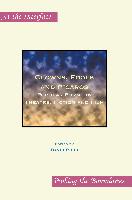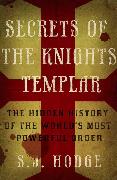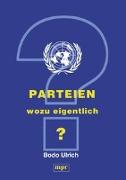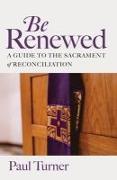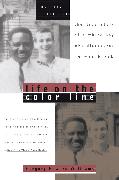Clowns, Fools and Picaros: Popular Forms in Theatre, Fiction and Film
BücherAngebote / Angebote:
By its very nature the clown, as represented in art, is an interdisciplinary phenomenon. In whichever artform it appears - fiction, drama, film, photography or fine art - it carries the symbolic association of its usage in popular culture, be it ritual festivities, street theatre or circus. The clown, like its extended family of fools, jesters, picaros and tricksters, has a variety of functions all focussed around its status and image of being "other." Frequently a marginalised figure, it provides the foil for the shortcomings of dominant discourse or the absurdities of human behaviour.
Clowns, Fools and Picaros represents the latest research on the clown, bringing together for the first time studies from four continents: Europe, America, Africa and Asia. It attempts to ascertain commonalities, overlaps and differences between artistic expressions of the "clownesque" from these various continents and genres, and above all, to examine the role of the clown in our cultures today.
This volume is of interest for scholars of political and comic drama, film and visual art as well as
scholars of comparative literature and anthropology.
David Robb is a Senior Lecturer in the School of Languages, Literatures and Performing Arts at the Queen's University of Belfast. He developed an interest in theatrical clowning while researching his PhD on the East Berlin cabaret duo Wenzel & Mensching, who integrated aspects of commedia dell'arte into their political song act. David Robb's book Zwei Clowns im Lande des verlorenen Lachens: Das Liedertheater Wenzel & Mensching was published in 1998. He is a specialist in German political song and has recently published the book Protest Song in East and West Germany since the 1960s. He is also an experienced songwriter and performing musician.
Folgt in ca. 15 Arbeitstagen
